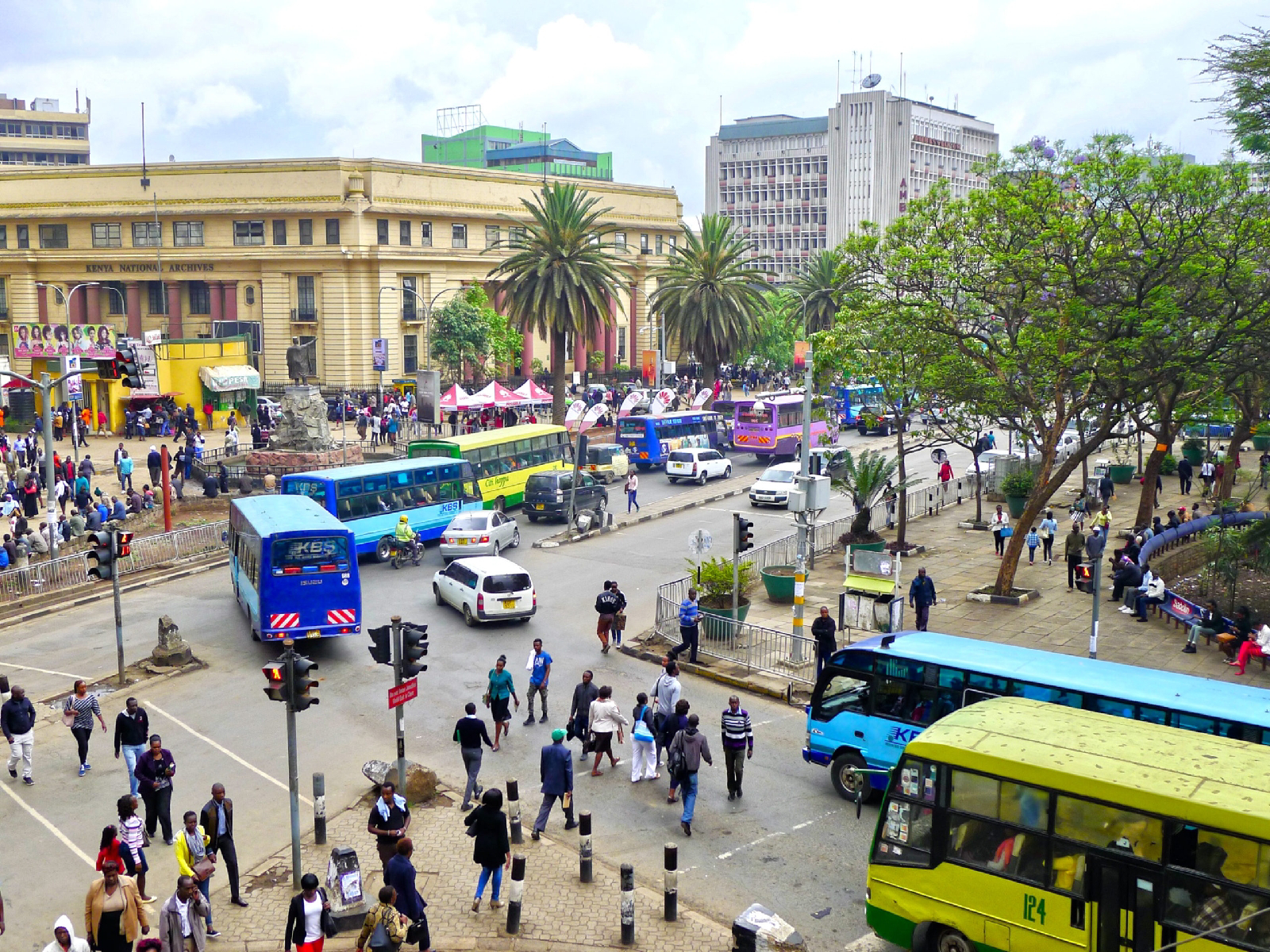Kenya Launches Groundbreaking Bench Book to Combat Trafficking for Sexual Exploitation
By Grace Mwende
In a significant stride towards tackling human trafficking in Kenya, the International Association of Women Judges (IAWJ) in Kenya, in collaboration with global advocacy organization Equality Now, has unveiled the "Kenya Judicial Bench Book on Trafficking in Persons for Sexual Exploitation." This launch coincides with the World Day Against Trafficking in Persons, highlighting the urgency of addressing this pressing issue.
Despite the establishment of the Counter-Trafficking in Persons Act, Kenya continues to grapple with one of the highest rates of human trafficking in Africa, with sexual exploitation being a predominant concern. The newly launched bench book aims to enhance the judicial system's capacity to effectively prosecute and adjudicate trafficking cases, particularly those involving sexual exploitation.
Honorable Chief Justice Martha Koome emphasized the importance of the bench book, stating, "This Bench Book on trafficking in persons for sexual exploitation seeks to facilitate a greater understanding of this form of trafficking, further bringing attention to the elements of this crime, including the institutional barriers, to support access to justice for victims and survivors."
The bench book is a pioneering resource for Kenya, being the first on sexual exploitation and the second overall on human trafficking in the country. It complements existing resources such as the Bench Book on Labour Trafficking (2022) and the Bench Book on Criminal Procedure (2018).
Designed to sensitize judicial officers, including judges, magistrates, prosecutors, advocates, and probation officers, the guide provides comprehensive insights into the dynamics of sexual trafficking. It aims to improve the identification and support of victims, address trauma, and clarify legal issues surrounding sexual exploitation cases. Notably, the bench book dispels common misconceptions and calls for a human rights and trauma-informed approach in handling such cases. It also includes a compilation of 87 global cases and judgments from various countries.
Marion Ogeto, Equality Now's program officer, welcomed the initiative but highlighted ongoing challenges: "While we acknowledge the government's efforts, the prosecution rates for human trafficking, especially sexual exploitation, remain dismally low. There is a critical need for enhanced law enforcement strategies and a centralized data collection system to address gaps in investigation and prosecution."
The 2023 US State Department Trafficking in Persons Report noted a limited number of prosecutions, emphasizing the need for more robust counter-trafficking measures. The establishment of a specialized unit by the Office of the Director of Public Prosecutions in February 2024 is a positive step, but further action is required.
The bench book also addresses the gendered nature of sex trafficking, with women and children being disproportionately affected. The National Crime Research Center reported that in 2022, sex trafficking primarily impacted women (41%) and children (33%). The bench book underscores the role of systemic gender-based discrimination and inequality in exacerbating these vulnerabilities.
The proliferation of technology has also intensified concerns about child sexual exploitation, with a significant number of online cases reported. The bench book aims to strengthen Kenya's judicial response to these emerging challenges.
The Kenya Judicial Bench Book on Trafficking in Persons for Sexual Exploitation marks a pivotal addition to Kenya's judicial resources, complementing the earlier launch of the Bench Book on Labour Trafficking and the Bench Book on Criminal Procedure.




Comments
Post a Comment